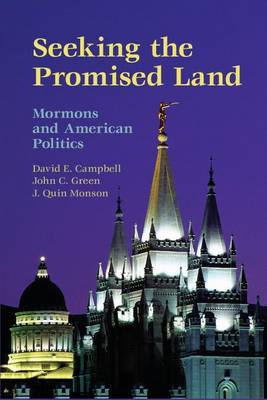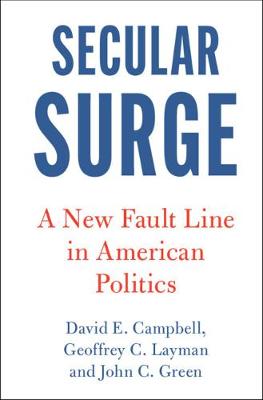Cambridge Studies in Social Theory, Religion and Politics
2 total works
Seeking the Promised Land
by David E. Campbell, John C. Green, and J. Quin Monson
Published 28 July 2014
Mormons have long had an outsized presence in American culture and politics, but they remain largely unknown to most Americans. Recent years have seen the political prominence of Mormons taken to a new level - including the presidential candidacy of Republican Mitt Romney, the prominent involvement of Mormons in the campaign for California's Proposition 8 (anti-gay marriage), and the ascendancy of Democrat Harry Reid to the position of Senate Majority Leader. This book provides the most thorough examination ever written of Mormons' place in the American political landscape - what Mormons are like politically and how non-Mormons respond to Mormon candidates. However, this is a book about more than Mormons. As a religious subculture in a pluralistic society, Mormons are a case study of how a religious group balances distinctiveness and assimilation - a question faced by all faiths.
American society is rapidly secularizing–a radical departure from its historically high level of religiosity–and politics is a big part of the reason. Just as, forty years ago, the Religious Right arose as a new political movement, today secularism is gaining traction as a distinct and politically energized identity. This book examines the political causes and political consequences of this secular surge, drawing on a wealth of original data. The authors show that secular identity is in part a reaction to the Religious Right. However, while the political impact of secularism is profound, there may not yet be a Secular Left to counterbalance the Religious Right. Secularism has introduced new tensions within the Democratic Party while adding oxygen to political polarization between Democrats and Republicans. Still there may be opportunities to reach common ground if politicians seek to forge coalitions that encompass both secular and religious Americans.

